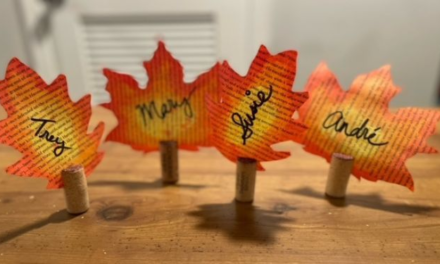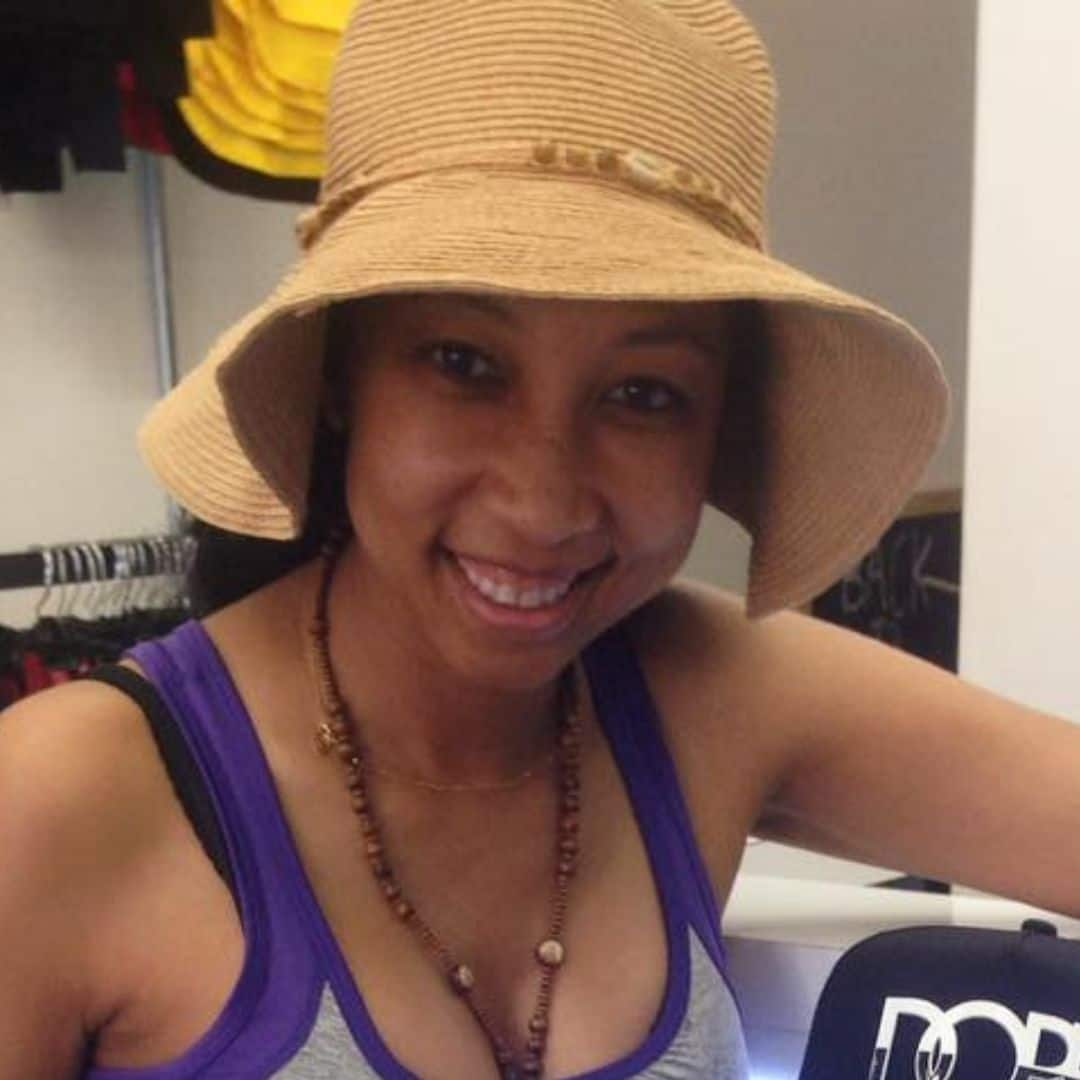Your guide to a better future
Canceled on the internet? Consider working toward “an excellent knowledge of all the types of wine” — doctor’s orders.
Katie Collins
Senior European Correspondent
Katie a UK-based news reporter and features writer. Officially, she is CNET’s European correspondent, covering tech policy and Big Tech in the EU and UK. Unofficially, she serves as CNET’s Taylor Swift correspondent. You can also find her writing about tech for good, ethics and human rights, the climate crisis, robots, travel and digital culture. She was once described a “living synth” by London’s Evening Standard for having a microchip injected into her hand.
Every day’s a school day, and Taylor Swift has some lessons that could be relevant to us all. As the singer-songwriter, producer, director and actor received an honorary doctorate from New York University on Wednesday, she used her commencement speech to share some advice with the graduating class of 2022 (and the rest of us, as it was broadcast live on YouTube).
Swift spoke for 23 minutes, expressing her gratitude, her pride at sharing the day with the NYU grads and her trademark good humor, weaving anecdotes from her life and work into advice — often about things she’d learned the hard way.
“Hard things will happen to us,” she told the crowd at Yankee Stadium. “We will recover, we will learn from it. We will grow more resilient because of it. And as long as we are fortunate enough to be breathing, we will breathe in, breathe through, breathe deep, breathe out. And I am a doctor now, so I know how breathing works.”
In her speech, Swift joked that she was 90% sure she’d only been given an honorary doctorate this year because she has a song called 22. But NYU, in its tribute to Swift, noted her status as a role model, her contributions to charitable causes, her work promoting support for the Equality Act and her 11 Grammys.
Swift was receiving the doctorate not only for being a prolific and celebrated artist, but also, according to the NYU commencement program, for being “a trailblazing and influential advocate for artists’ rights in the face of exploitation, and a forceful global advocate against discrimination on the basis of sexual orientation and gender identity.”
For the past few years, Swift has been in a struggle to regain control of her masters, which were sold by her former record label. As a result, she’s been rerecording her first six albums, so far rereleasing Fearless and Red. It’s a battle that’s shown how even the most powerful artists can have their work exploited by industry executives. In negotiating her new contract with Universal, she ensured that profits of the sale of any Spotify shares will be divvied up among artists on the record label’s roster.
In her speech, Swift explained that, while she doesn’t usually give unsolicited advice, since she’d been invited to speak she would share some of the “life hacks” she wishes she’d known when starting out. These included not letting life get too heavy by learning what’s important enough to hold on to, and what to let go of. She also suggested learning to live alongside “the cringe” and publicly embracing the things you’re passionate about.
“Never be ashamed of trying. Effortlessness is a myth,” she said. “The people who wanted it the least were the ones I wanted to date and be friends with in high school. The people who wanted the most are the people I now hire to work for my company” — a tidbit that’s likely music to the ears of a group of people presumably on the hunt for jobs at this moment in time.
She also touched on the subject of failure and the lessons that can be learned in the face of adversity. “Being publicly humiliated over and over again at a young age was excruciatingly painful, but it forced me to devalue the ridiculous notion of minute-by-minute, ever-fluctuating social relevance and likability,” she said.
“Getting canceled on the internet, and nearly losing my career, gave me an excellent knowledge of all the types of wine,” she added — giving fans a behind-the-scenes peek at what she was up to when she famously vanished from public view in 2016.
Swift, now 32, talked about feeling lonely and rejected when music executives told her there was no place for a teenager in the country music world, and going home and turning to the early social network MySpace — “yes, MySpace!” — to post her songs and talk with other teenagers who felt the same way she did about the genre. She spoke about the importance of cultivating resilience and getting back up, dusting yourself off and carrying on.
“We are led by our gut instincts, our intuition, our desires and fears, our scars and our dreams, and you will screw it up sometimes,” she said. “So will I, and when I do you will most likely read about it on the internet.”
It can be overwhelming trying to make the right decisions and figure out who we want to be, Swift said, talking about how she’s switched genres from country to pop to folk over the years. “I have some good news — it’s totally up to you,” she said, adding: “I have some terrifying news — it’s totally up to you.”




